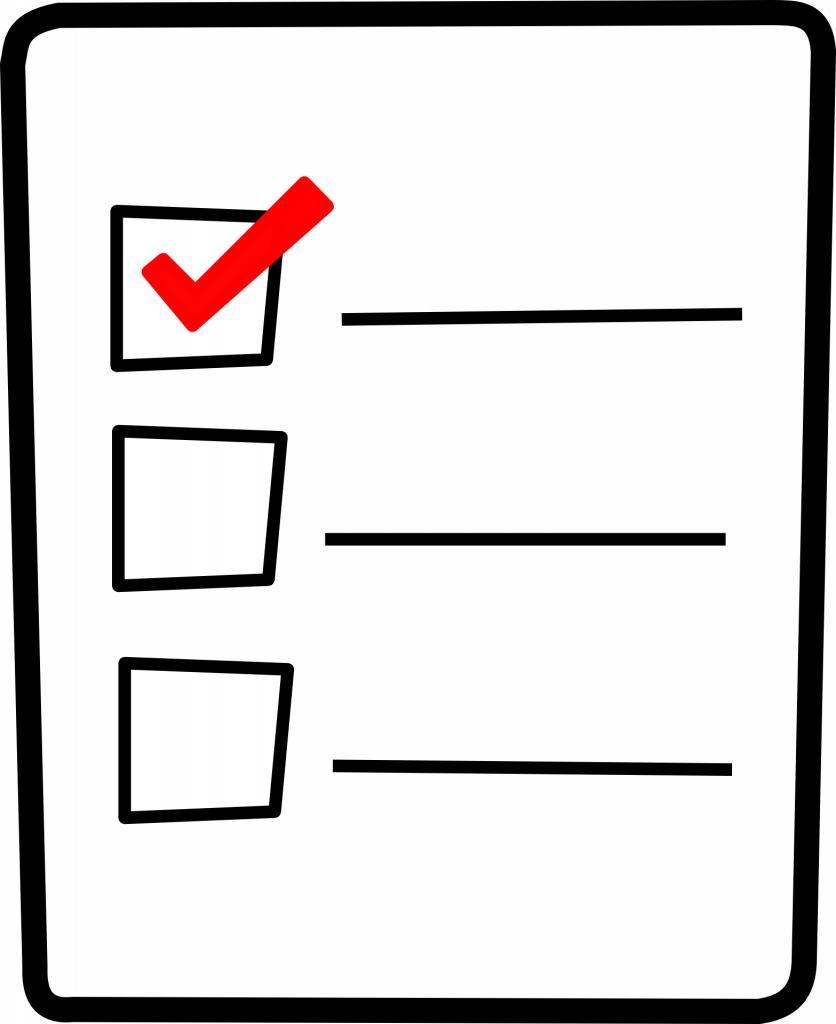Tax Preparation Checklist
It’s that time of year again when you have to account for how you did in the previous year to tax authorities. It’s not the most interesting time of the year for most. Preparing ahead of time will help reduce last minute stress. Here are some tips on how to best prepare:
1. Gather your documents:
Sources of Income
Take time to think about your various sources to income during the past year; the places you worked, your investment income, you were self-employment income or you held an office during the year and you were remunerated for your services. Whatever your sources of income, chances are that you will have a document detailing what you were paid such as T4s, T5s, T5018, T5013 etc. Ensure you obtain the document that applies to you or if self-employed, documents supporting the income you are reporting.
Income paid to you must be reported to Canada Revenue Agency (CRA), you may want to call the CRA (1-800-959-8281) to find out what income was reported as paid to you for the past year.
It is important you don’t miss reporting any income. If you failed to report any income in the current year’s tax return and once in the previous 3 years return, you may be assessed federal and provincial/territorial penalties of 10% on the total amount you failed to report in the current year. This penalty can be waived if you discovered missing income and voluntarily report it.
Deductions/Tax Credits
To a reasonable extent, CRA allows you deductions/gives you credit for some of the expenses you paid to earn the reported income. This is your opportunity to get back some of the taxes you may have paid during the year that were deducted at source. Think about life changing events or activities you were involved in during the year, then may have tax consequences. For example, during the past year if you;
- changed jobs and/or moved to a different location or province,
- had children or got married/divorced,
- made any charitable donations
- started school or took course relating to your employment
- Paid professional fees, medical expenses or childcare expenses
Gather the documents that support those changes or activities. It is important that you have documentation because your return may be reviewed or reassessed and documents may be requested by CRA to support the claimed expenses. If you cannot provide proof you may be reassessed.
2. Organize your Documents
You should organize your documents in a way that is easily understandable to your tax accountant and eventually to CRA if your return is reassessed. Organizing your documents in time enables you review and determine if you are missing any documents.
In addition, speak to your tax accountant about tax planning. Don’t forget deadlines for contributing to your registered retirement savings plan (RRSP), paying taxes owed and filing your tax returns.
In conclusion, cultivate the habit of filing away tax related documents as they are generated all through the year; the earlier you start gathering your documents, the better prepared you will be and the less stressed you would feel during tax season.






